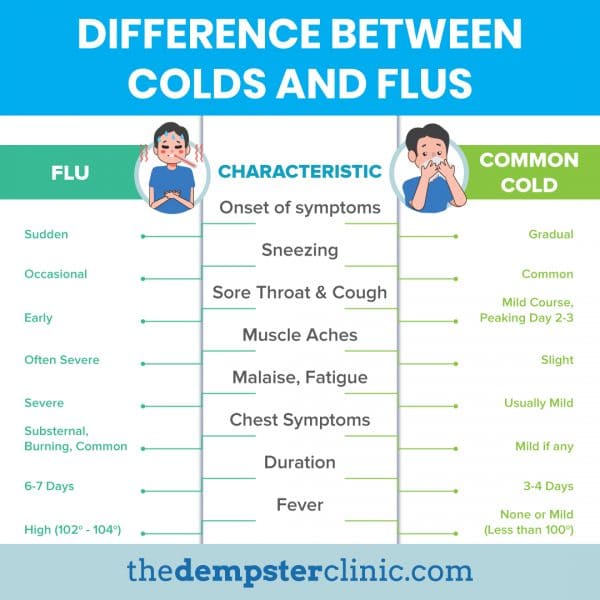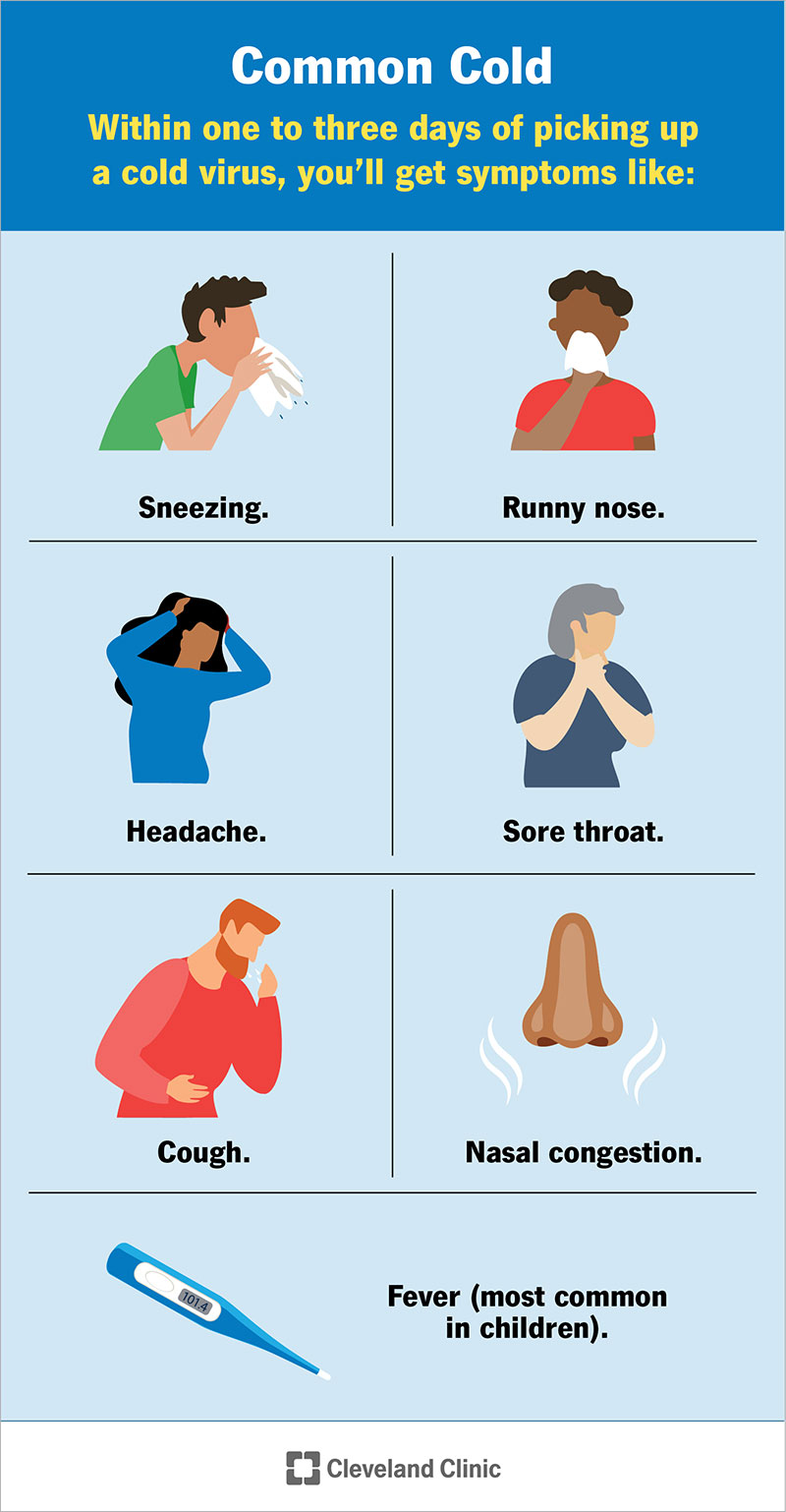Best Info About How To Treat Colds When Pregnant

As with pregnancy, you’ll want to talk with your healthcare professional about any medications you’re taking take to relieve.
How to treat colds when pregnant. They include fatigue, sore throat, congestion, runny nose, headache, body aches and cough. To reduce your fever when suffering from a cold and. These drugs, however, should not be used.
How to treat colds and flu during pregnancy give your body down time. Here are the top home remedies to get relief from a cold and cough during pregnancy. One of the hallmarks of the condition is cold hands and feet.
The key actions you can take to prevent cold and flu during pregnancy include: Yes, you can safely give birth with a cold. You can also go into your bathroom and run the shower on high.
Avoid touching your nose or eyes, especially while out and. The average adult will catch two to three. Some of the most effective cold remedies don’t come from the pharmacy shelf.
The flu vaccination is safe, prevents the common flu, reduces the. Wash your hands often with warm soapy water, especially after you’ve been around someone who has a cold. Pregnant women can also safely apply a topical menthol, like vicks vaporub, to relieve congestion and coughing.
Paracetamol unsafe for your baby ibruprofen nurofen aspirin mums hold different views on which of the allowed painkillers they feel comfortable to take. This is especially true in the second and third trimesters, when your baby is furiously growing. Some of the most commonly used cold medications that are safe for pregnant people are:
Get ample rest, take naps, sleep through the night as much as possible, and sit down to relax. Sneezing cough advertisement | page continues below although not as common, you may also get other symptoms including a mild fever and headache. This will help you clear your congestion.
However, if you are feeling particularly terrible, she adds.










:max_bytes(150000):strip_icc()/cold-remedies-90007_V2-6cb8c2d00827472d8e6b792bfe6ce3f5.png)






